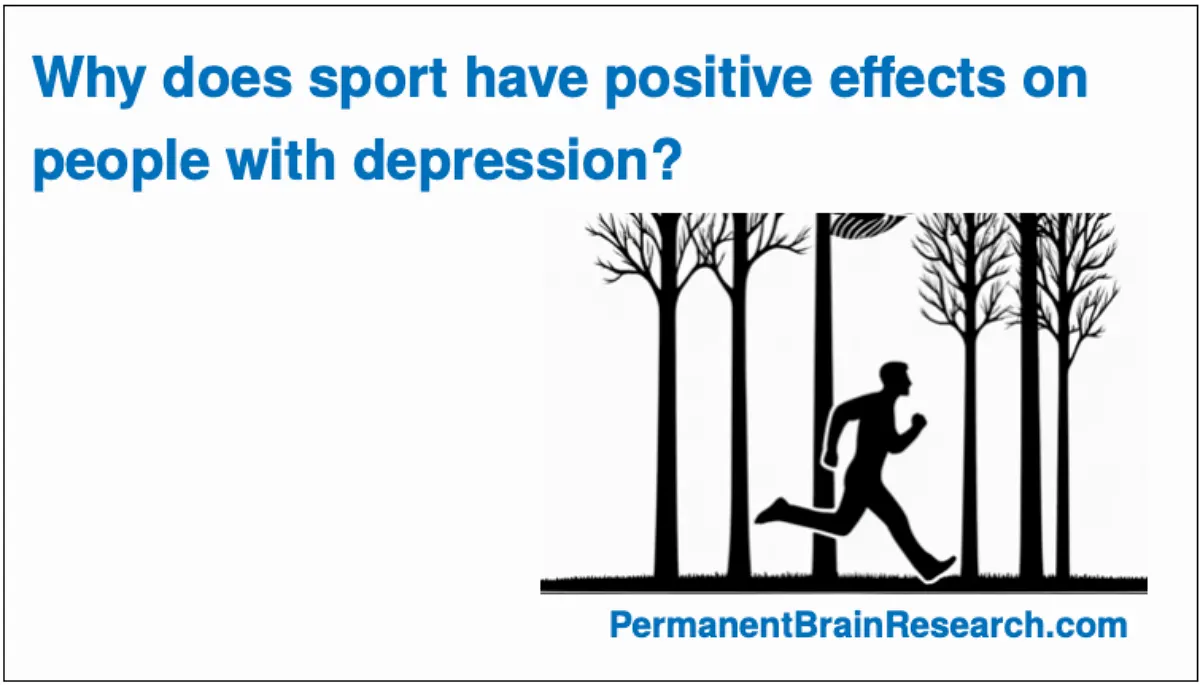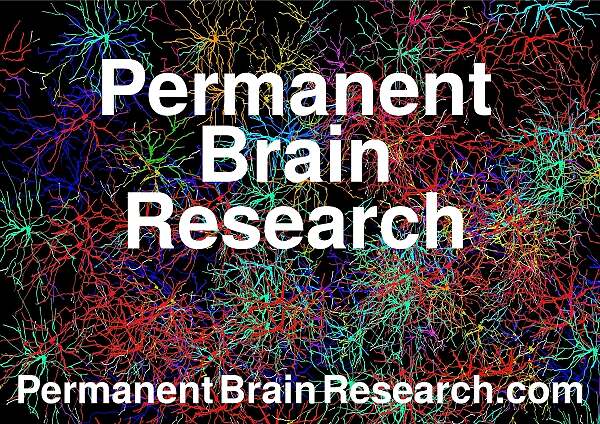
Why does sport have positive effects on people with depression?
Sport promotes endorphin release, neuroplasticity enhancement, stress reduction, improved sleep, social interaction, and routine structure.
Endorphin Release
Exercise leads to the release of endorphins, chemicals in the brain that act as natural painkillers and mood elevators. This endorphin boost is often referred to as the “runner’s high,” which can significantly alleviate symptoms of depression.
Neuroplasticity Enhancement
Regular physical activity stimulates the production of brain-derived neurotrophic factor (BDNF), a protein that promotes the growth and survival of neurons. This increase in BDNF can improve brain function and resilience, which is particularly beneficial for those suffering from depression.
Stress Reduction
Exercise reduces levels of the body’s stress hormones, such as adrenaline and cortisol. By lowering these hormone levels, exercise helps to mitigate the physical effects of stress, which can exacerbate or trigger depressive episodes.
Improved Sleep
Physical activity can help regulate sleep patterns, which often become disrupted with depression. Better sleep improves mood and enhances cognitive function and overall health.
Sports provide valuable social interactions that can combat feelings of isolation and loneliness associated with depression.
Routine Structure
Regular exercise helps create a routine and adds structure to daily life. This can be particularly helpful for people with depression, providing a sense of purpose and accomplishment.
Explore: What is Permanent Brain Research?

